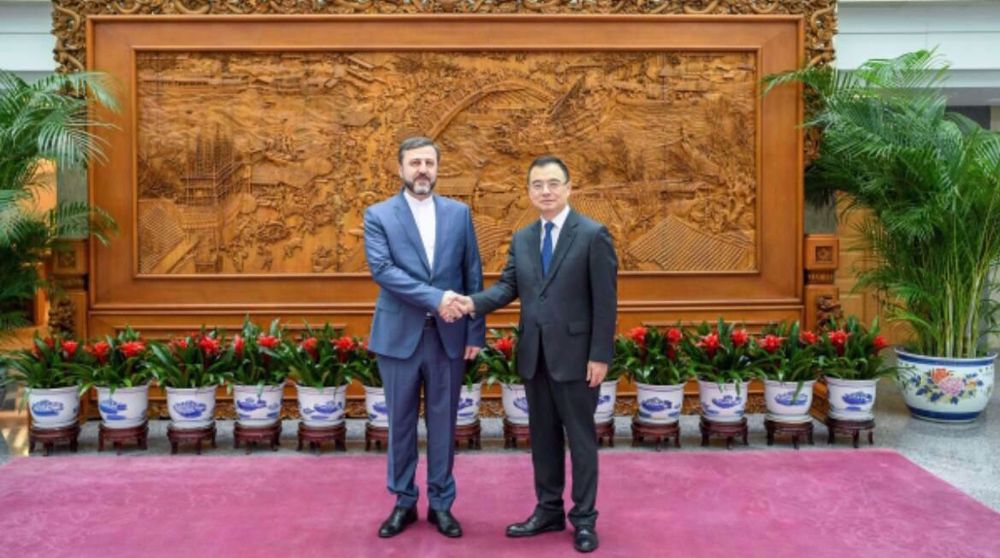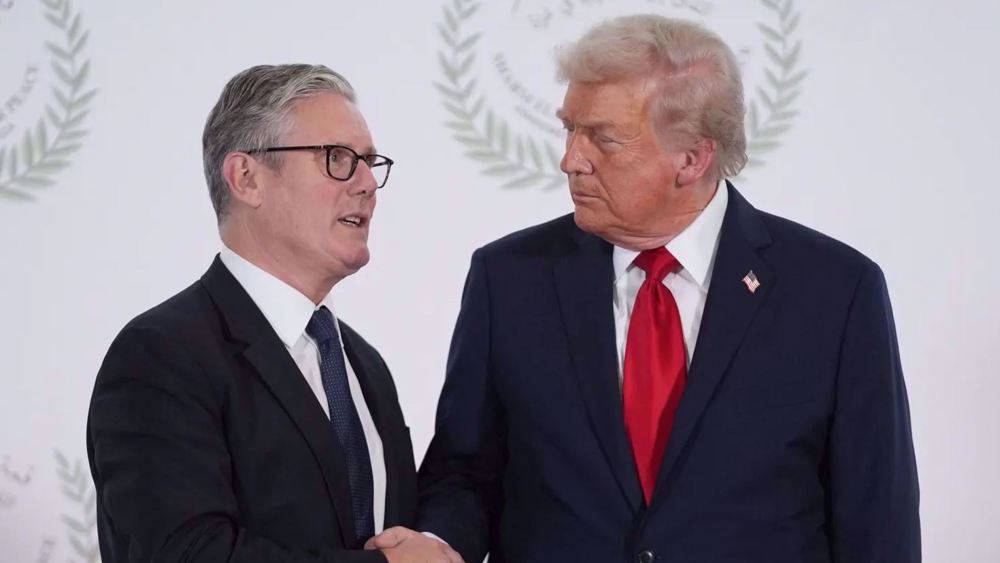China registers record-high trade surplus as imports fall
Official data show China has recorded its highest trade surplus last month as the country is struggling to boost domestic demand amid falling imports.
A report published on Sunday showed that despite efforts made by the government to prop up sagging economic growth, plunging imports highlight the country's continued economic woes.
The disappointing figures officially released also indicate how hard Beijing is trying to keep the world's second-largest economy on the rails, while being further evidence that China may be heading for a hard economic landing, AFP reported.
According to official data released by the country’s customs, China’s imports have fallen 18.8 percent compared to a year ago to hit USD 130.77 billion, indicating 12 consecutive months of drop in imports, following a 20.4 percent decrease in September.
At the same time, China’s exports also continued to lose steam from July, dropping by 6.9 percent in October compared to a year before to hit USD 192.41 billion as foreign demand for Chinese exports took a nosedive.
The customs report showed that the country’s trade surplus stood at USD 61.64 billion, showing an increase of 36 percent compared to the same period in 2014. The surplus figure is also the highest since at least 1995, the earliest data held on record by Bloomberg News.
The data "suggests that domestic demand remained sluggish", ANZ analysts said in a research note, adding that they expect "imports growth may start to improve gradually" into the first quarter of 2016.
The disappointing figures on China’s imports and exports have spread anxiety among countries like Australia and Mongolia, whose economies are dependent on China’s demand for the raw materials they produce.
The decreasing demand in China, which is the world's biggest importer of almost everything from industrial metals and energy to corn has subsequently driven commodity prices down, which has made China's exports even cheaper.
The government in Beijing has been introducing new steps in order to stimulate the country’s economy.
Last week, the ruling Communist Party announced a plan to carry out a combination of stimulus and structural reforms in its 13th five-year plan.
Meanwhile, China’s President Xi Jinping said annual economic growth rate may not exceed 6.5 percent in 2016-2020, if the country is expected to double the size of its economy compared to 2010 by the end of the decade.
Iran renews warning about Israeli intentions amid diplomatic engagement with US
Our missiles have put Zionist regime in its place: Iran’s top security official
VIDEO | Iran's Beirut Embassy marks Islamic Revolution anniversary
VIDEO | Protests renewed as Israel advances execution law for Palestinian prisoners
VIDEO | Gazans rally against attempts at undermining UNRWA
Melina Asadi is a testament to Israeli, American crimes: General Vahidi
Israel kills five more Palestinians in Gaza amid ceasefire violations
Israeli minister says Netanyahu's new measures 'de facto sovereignty' over West Bank










 This makes it easy to access the Press TV website
This makes it easy to access the Press TV website